
Burkina Faso Rejects U.S. Request to Receive Deported Migrants
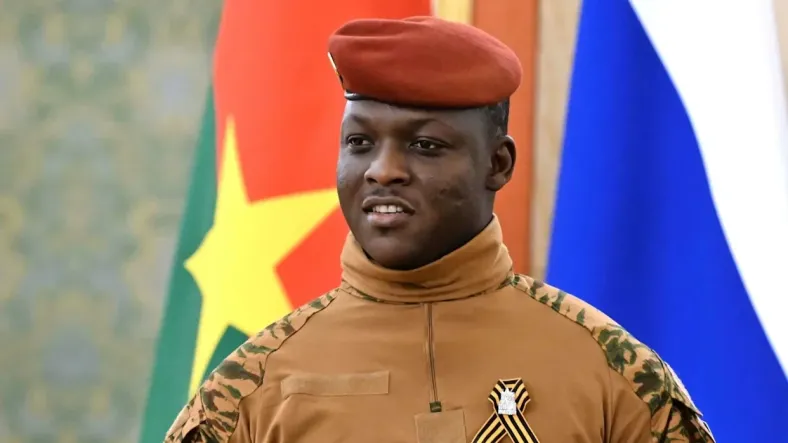
Burkina Faso has rejected a request from the United States to receive migrants deported under President Donald Trump’s renewed immigration crackdown. This decision has sparked a diplomatic standoff between Ouagadougou and Washington. The country’s Minister of Foreign Affairs, Karamoko Jean-Marie Traoré, confirmed that the government had turned down multiple proposals from the U.S. to host third-country nationals expelled from American territory, describing the request as “unworthy and indecent.” Speaking to national media, he stressed that Burkina Faso “is not a land of deportation” and warned that no diplomatic pressure would make the country compromise its sovereignty.
The U.S. Embassy in Ouagadougou has since suspended all routine visa services for Burkinabè citizens, including tourist, student, and business visa applications. Applicants are now being redirected to the U.S. Embassy in Lomé, Togo, in what officials described as an administrative adjustment. A diplomatic note sent to the Burkinabè government reportedly informed authorities that the country had been added to a list of nations whose citizens are accused of overstaying or violating U.S. visa regulations, a move widely interpreted in Ouagadougou as a retaliatory measure following its refusal to accept deportees.
The tensions come as Washington seeks new agreements with several African countries to take in migrants expelled from the United States as part of President Trump’s immigration reforms. While some countries, including Ghana, have signalled limited cooperation, others, such as Nigeria and Burkina Faso, have firmly rejected the idea. For Ouagadougou, the decision reflects a broader shift in foreign policy under Captain Ibrahim Traoré’s leadership, which has increasingly favoured self-reliance and distanced the country from Western influence.
Foreign Minister Traoré insisted that the Burkinabè government’s priority remains the dignity and well-being of its citizens. He recalled that although the country had recently lifted visa fees for African nationals as a gesture of solidarity, this should not be misconstrued as consent to external pressures. “Burkina Faso is a land of dignity, not a dumping ground,” he said, underscoring a position that has resonated with growing nationalist sentiment across the Sahel.
The dispute highlights the widening gap between the United States and several West African nations over migration and sovereignty. As Burkina Faso holds firm, the episode marks another sign of the region’s changing diplomatic posture and determination to chart a more independent course in global affairs.
About The Author
%s Comment
Leave a Reply Cancel reply
Related Articles
Ghana Shares Gold Mining Model With Tanzania
Ghana has taken a leading role in shaping Africa’s future approach to...
ByWest Africa WeeklyJanuary 23, 2026Ghana to Begin Construction of Nation’s Tallest Bridge With Japanese Support
Ghana is preparing to begin construction on what will become the country’s...
ByWest Africa WeeklyJanuary 23, 2026Senegal Coach Defends AFCON Walk-Off as CAF Considers Sanctions
Senegal’s head coach, Pape Bouna Thiaw, has publicly defended the controversial decision...
ByWest Africa WeeklyJanuary 23, 2026Trump’s Greenland Threat Forces Europe to Taste the Logic of Western Colonial Power
It rarely begins with soldiers. More often, it begins with a sentence,...
ByWest Africa WeeklyJanuary 21, 2026


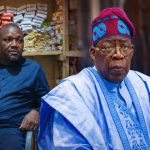
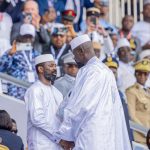

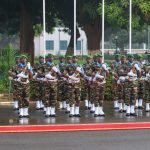
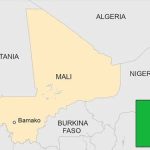


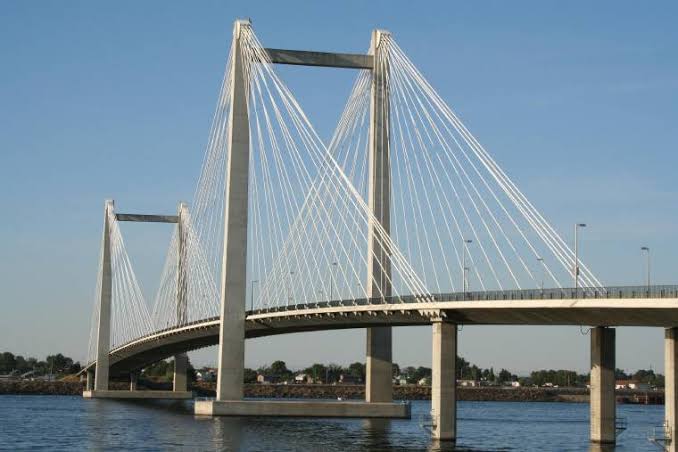
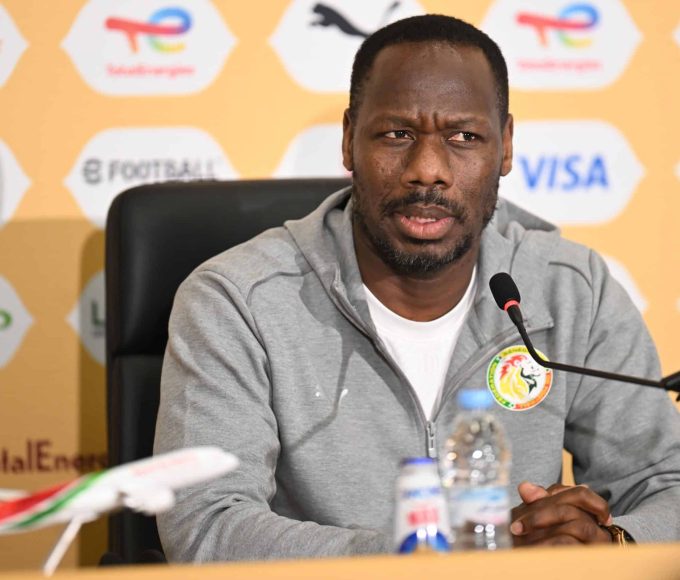
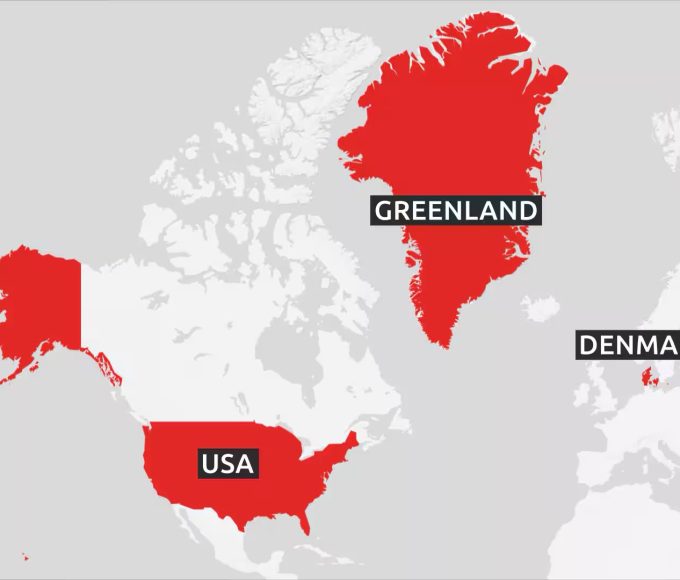
Haha, well, this is one administrative adjustment I didnt see coming! Burkina Faso telling the US, Not a dumping ground? Bold move! Sounds like Captain Traorés taking the self-reliance concept to heart, maybe a bit *too* literally for Washingtons taste. Good for them for prioritizing dignity, though – though I feel a bit for the poor Burkinabè citizens now stuck traveling to Lomé just for a visa. Maybe the US can add a category for unwanted deportee hosts on that Rolling Stone list of the century? Keep up the spirit of sovereignty, Burkina Faso! 🇧🇫💪